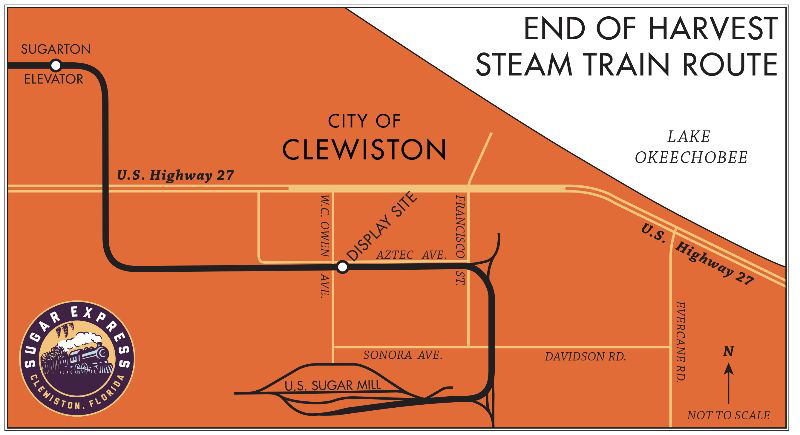
Steam-powered train to mark end of Florida sugar cane harvest The public is invited Monday to see U.S. Sugar’s Sugar Express steam locomotive, 4-6-2 No. 148, operate on the last cane train of the season, signaling the end of the sugar cane harvest. The train is slated to depart the Sugarton Elevator west of Clewiston, […]
Read More…
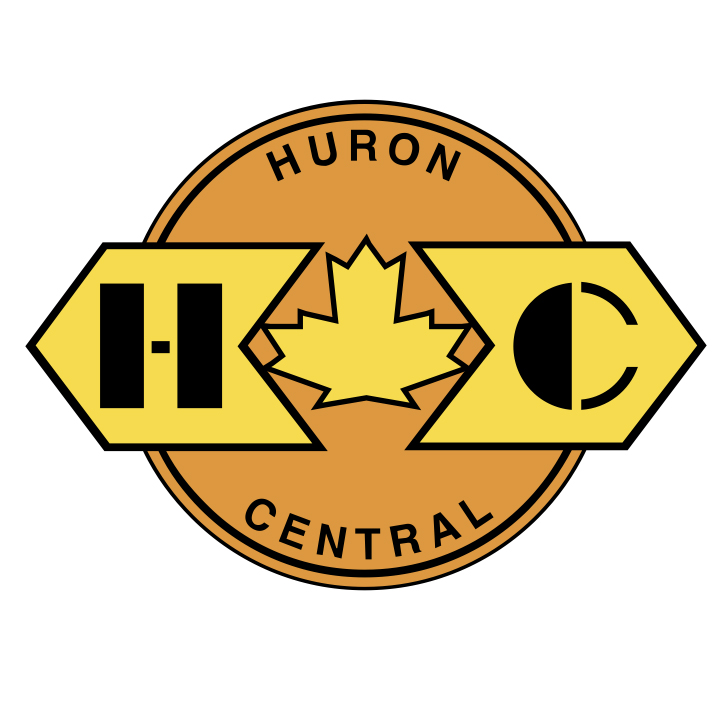
Deal will provide $33 million for Huron Central route repairs The threatened closure of Ontario’s Huron Central Railway appears to have again been averted. Northern Ontario Business reports the co-chair of a task force working to save the 173-mile line between Sault Ste. Marie and Sudbury says the railroad is “comfortable that it will in […]
Read More…
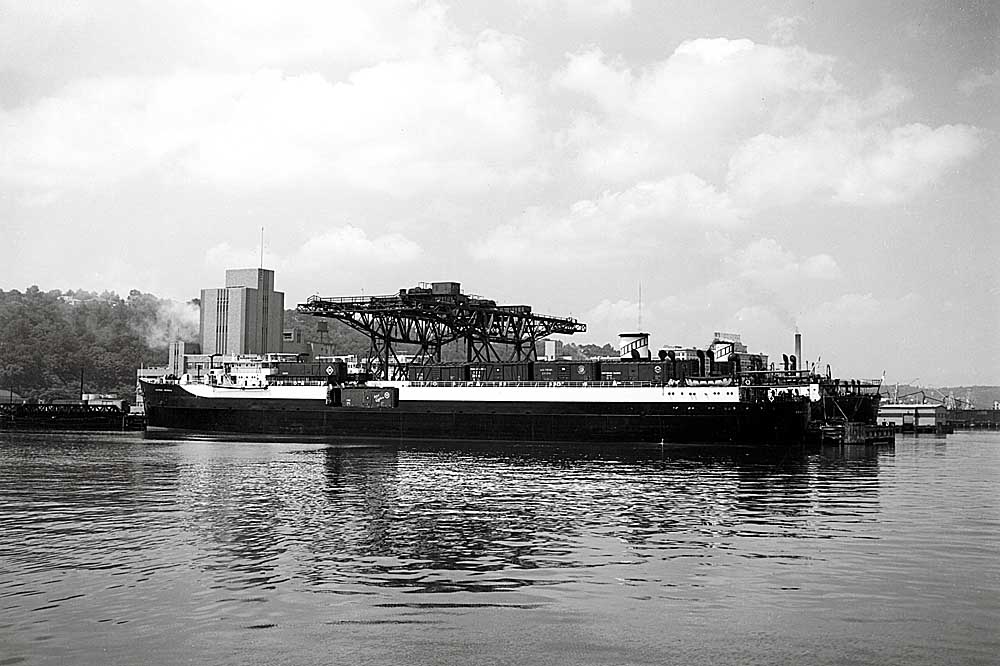
Seatrain at anchor Wearing the shipping line’s distinctive stylized railroad track funnel markings, Seatrain Georgia and a sister are moored at Edgewater, N.J. The dock crane was fixed, so precise positioning was crucial. […]
Read More…

WASHINGTON — Amtrak today released a report offering more details on the “Connect US” map it released earlier this year for service expansion. What the company is calling its “Corridor Vision” report calls for a $75 billion federal investment over 75 years to add 39 new routes and enhance service on 25 others, leading to […]
Read More…
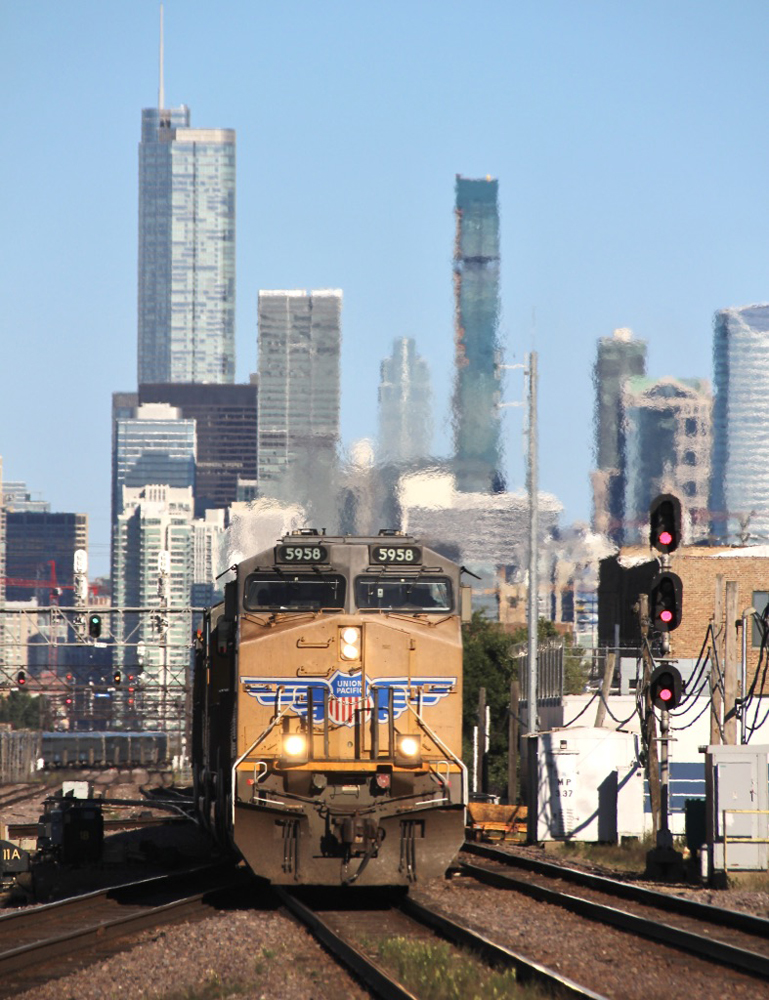
WASHINGTON — The chairman of the Surface Transportation Board says he’s concerned that pressure from Wall Street is undermining railroad service and questioned the need for major railroad mergers. “Our mandate as an agency … is to ensure and protect a strong national rail network. That’s why we exist. And everything we do should be aimed […]
Read More…

CP calls CN plan to sell KCS line ‘token divestment,’ remains critical of merger’s competitive impact Canadian Pacific says Canadian National’s plans to divest a Kansas City Southern line in Louisiana is “clear recognition” of the competitive issues created by the proposed CN-KCS merger. In a Thursday statement, CP also said the “token divestment” would […]
Read More…
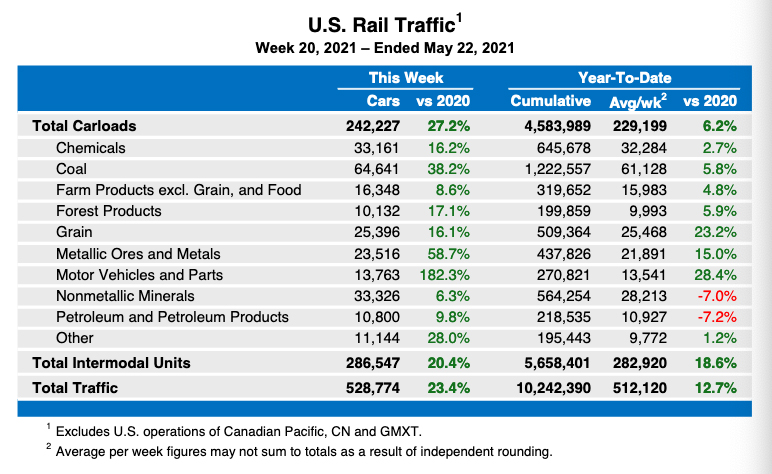
WASHINGTON — U.S. rail traffic remains well ahead of 2020 figures —both for the week ending May 22 and in year-to-date totals — according to the latest statistics released by the Association of American Railroads. For the week, U.S. railroads moved 242,227 carloads — up 27.2% over the corresponding week in 2020 — and 286,547 intermodal […]
Read More…
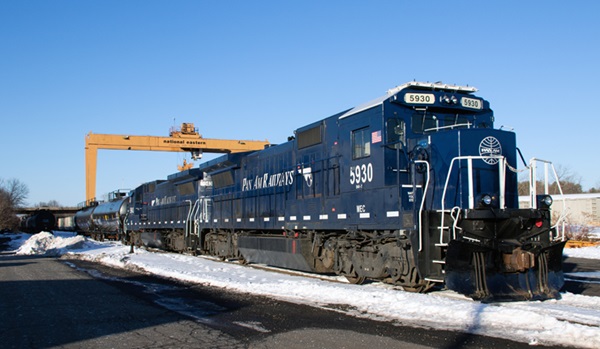
WASHINGTON — It’s back to the drawing board for CSX Transportation’s proposed acquisition of New England regional Pan Am Railways. The Surface Transportation Board today rejected as incomplete CSX’s application to acquire control of Pan Am. “The Board finds that the application fails to include all of the information needed to satisfy the Market Analysis […]
Read More…
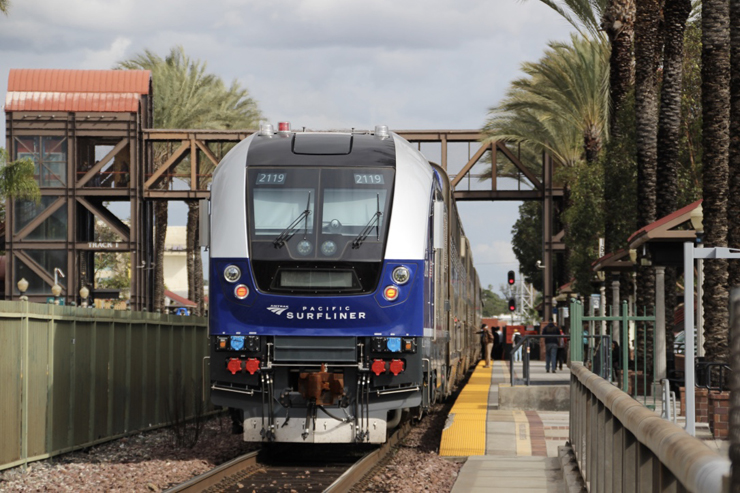
Pacific Surfliners to require reservations on four weekends; more could be added Amtrak’s Pacific Surfliner will require reservations for travel on peak weekends this suffer, a move to manage capacity when more travelers are anticipated. Four weekends have been designated for the reservation requirement — Memorial Day weekend (May 28-June 1), Fourth of July weekend […]
Read More…
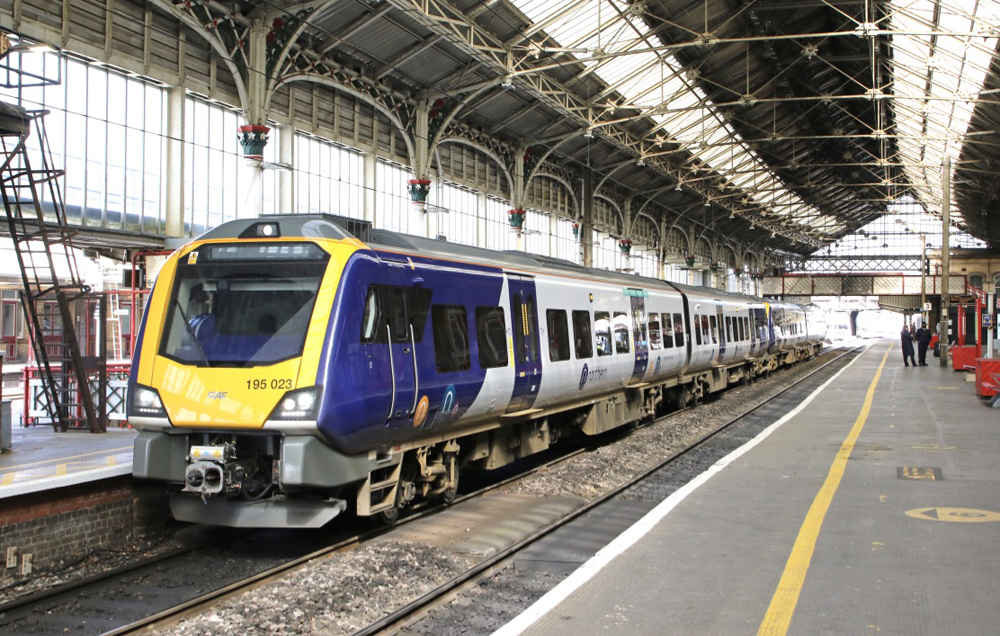
LONDON — The British Government has announced plans to create a single national ,government-owned rail company to run the railway network and, via mostly private contractors, operate most passenger trains in the UK. That such a move is planned, reversing decades of complex privatization is remarkable, but even moreso is that the government is from […]
Read More…
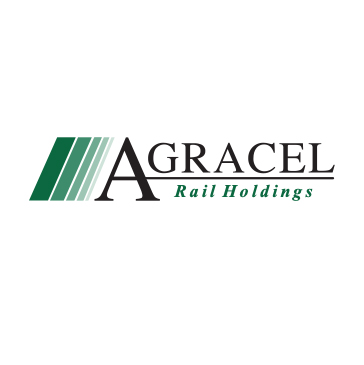
Agracel Rail Holdings launches with agreement at Ohio industrial park A company providing industrial development services to rural communities is launching a rail affiliate. Agracel Rail Holdings, a subsidiary of Agracel, Inc., will begin operations by redeveloping and operating rail infrastructure at The Point Industrial Park in South Point, Ohio. “Our goal in becoming a […]
Read More…
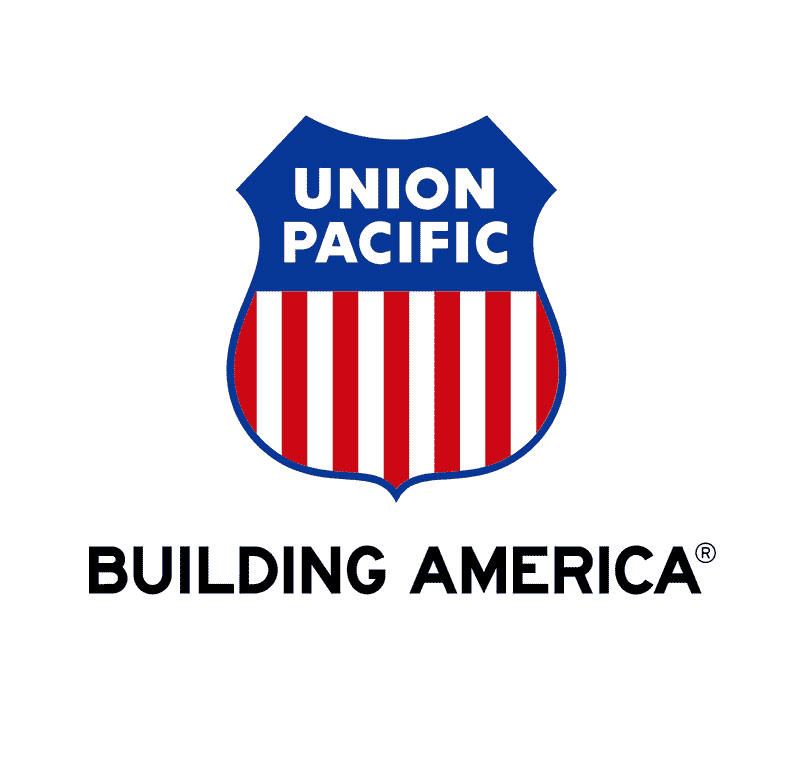
UP train derails near Lordsburg, N.M., disrupting Sunset Limited No injuries were reported when about 50 cars of a Union Pacific intermodal train derailed Monday afternoon near Lordsburg, N.M. The Grant County Beat website reports the accident occurred about 3:30 p.m. local time. Sunset Limited service in both directions was disrupted, with trains holding in […]
Read More…












